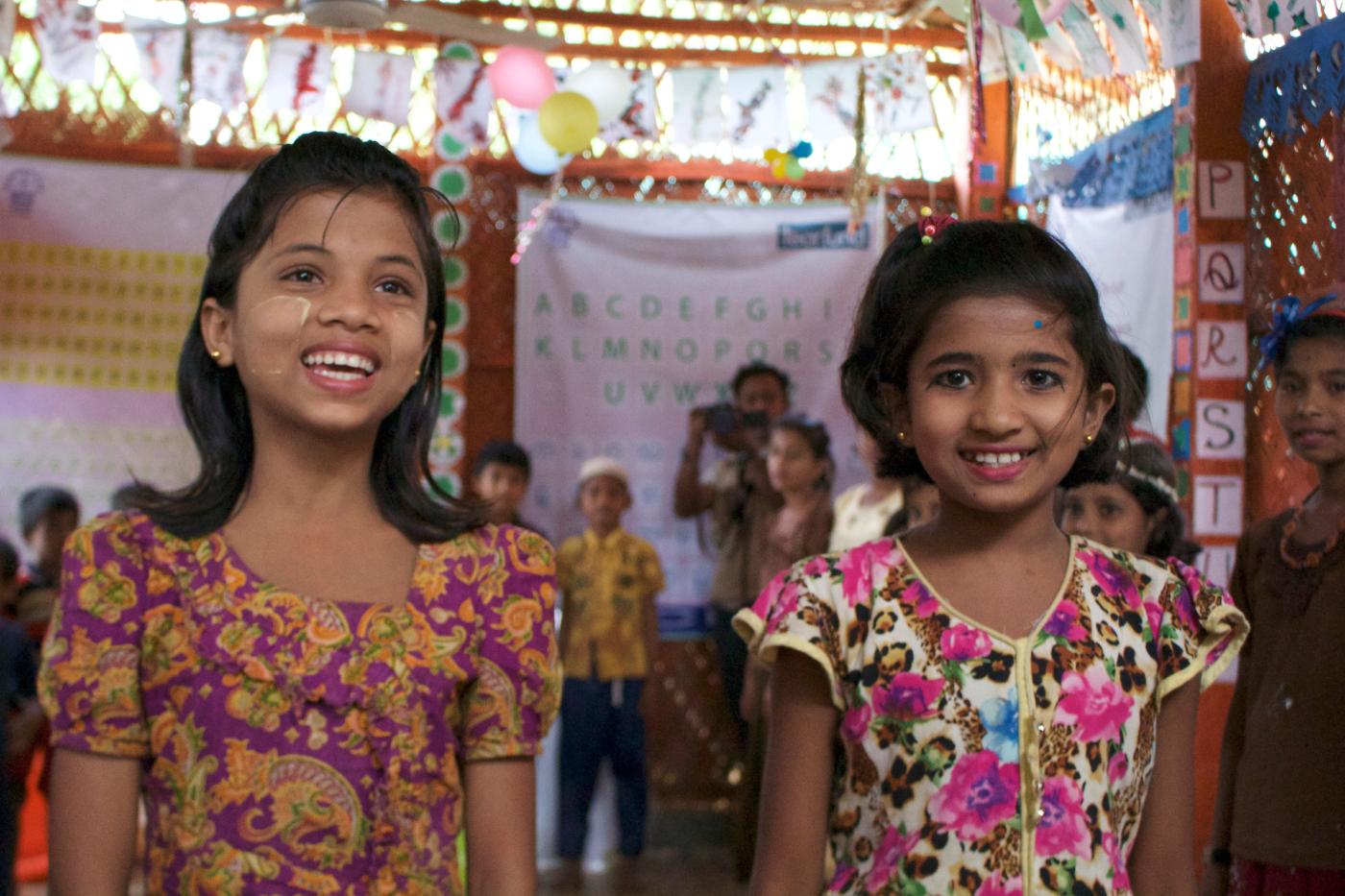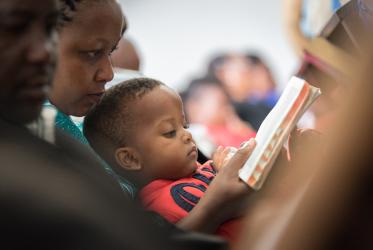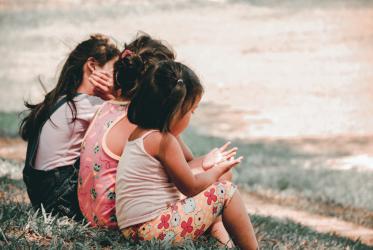The World Council of Churches (WCC) is making available resources to help the WCC fellowship celebrate the 30th anniversary of the United Nations Convention on the Rights of the Child, a human rights treaty which sets out the civil, political, economic, social, health and cultural rights of children.
In a letter to the WCC fellowship, WCC general secretary Rev. Dr Olav Fykse Tveit celebrated this milestone with children and adolescents. “By adopting the Convention on the Rights of the Child on 20 November 1989, world leaders made a promise to protect every child and fulfil their rights,” wrote Tveit. “Churches played a significant role.”
In fact, Christian ideas about human dignity and equality have strongly shaped the concept of human rights and the instruments of the United Nations, Tveit continued. “But the commitments made in 1989 will only be fulfilled when every government and every citizen upholds children’s rights and every child can claim their rights,” he wrote. “I therefore encourage all of you to mark 20 November this year with special celebrations for children and advocacy initiatives.”
This anniversary takes place during a moment in history when millions of children around the world are marching peacefully in the streets, demanding that adults change our economic and social systems to preserve God’s creation and their future, Tveit wrote. “Children and youth of today have become prophetic voices for the issue that affects them most deeply: the survival of the planet and its people,” the letter reads.
Links to resources are being made available to the global fellowship to help them change church operations and consumer behaviour, divest from fossil fuels, measure congregations’ ecological footprint, and promote eco-certifications. “Only concrete changes from all of us can address the eco-anxiety that is spreading among children and adolescents as a serious form of psychological violence,” Tveit concludes. “Children need a reconciled world, and they have the right to hope.”







